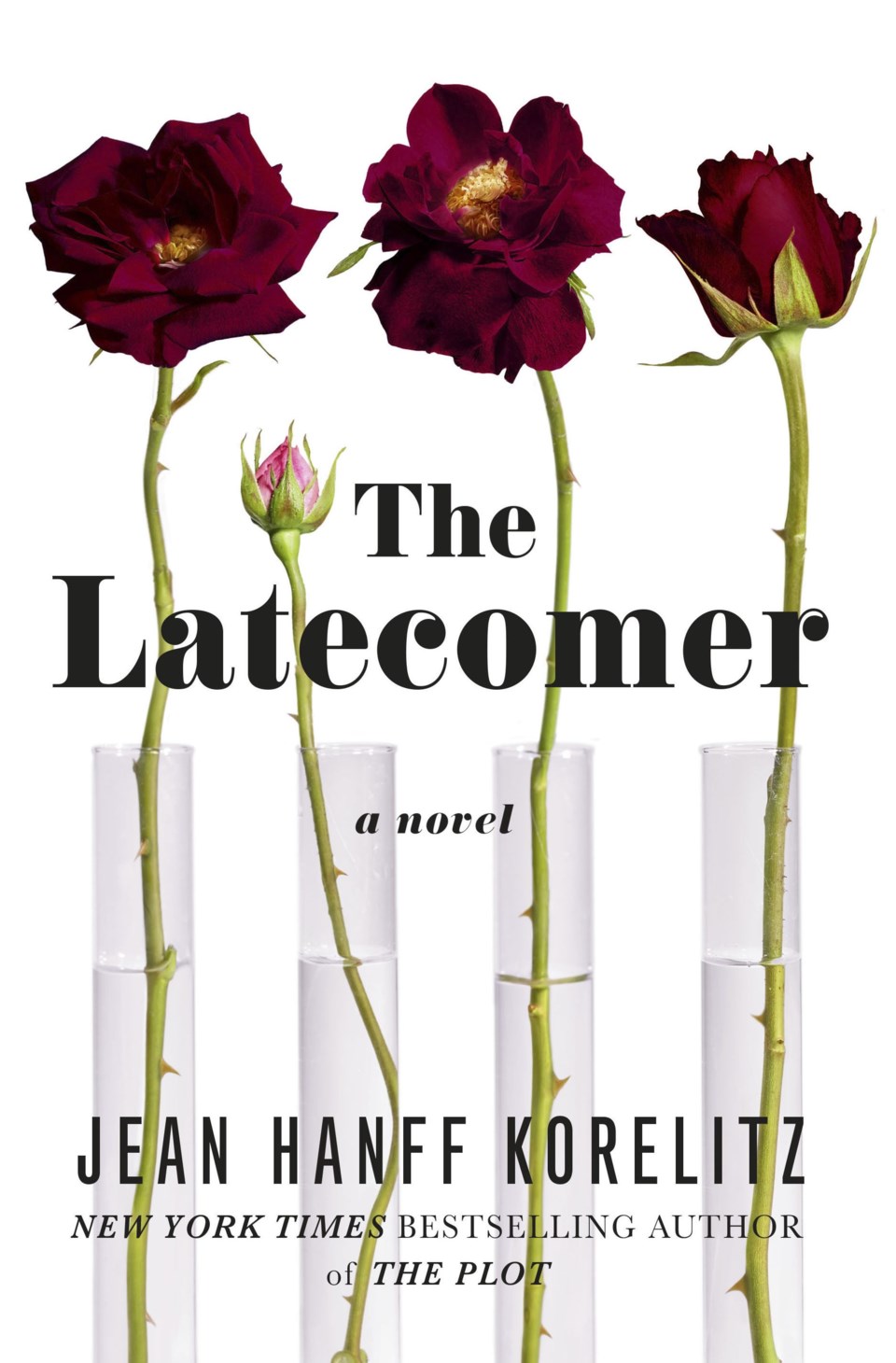“The Latecomer” by Jean Hanff Korelitz (Celadon Books)
Wealthy, dysfunctional families are so common in novels that it’s easy to dismiss books centered around them. Don’t make that mistake with “The Latecomer,” which introduces readers to the Oppenheimers, a New York family with triplets born via IVF who were “in full flight from one another as far back as their ancestral petri dish.”
The novel’s title contains the key to the story, a fourth child added to the family as the triplets leave home for college. Hers is the distinct narrative voice of the novel and it’s a pleasure to read. Her sharing of the family history and her role in its reconciliation drive the plot. About her mother, Johanna, a dutiful spouse committed to creating a family with her husband, Salo, as a way to find happiness after he killed two fellow Cornell students in a car accident, she writes: “This was the flaw in making a bargain with yourself. There is no one else there to agree to the terms.”
The beauty of the novel’s structure is that the aha moments are revealed slowly, during detailed recountings of each of the family members’ lives. We don’t even learn the name of the title character until about a quarter of the way through the book and connections are made between characters until the final page. It makes for a very satisfying read.
In addition to grief and guilt, the book tackles other weighty themes as seen through the eyes of the privileged family. Religion factors prominently when one of the triplets, Lewyn, rooms with a Mormon his freshman year at Cornell. “He was thoroughly ignorant, of course, about the vast and foreign territory known as ‘upstate New York,’” writes Korelitz, “where people lived without reference to Brooklyn Heights or even Manhattan… The notion that something had actually happened in this backwoods wilderness which was of critical interest to millions of people around the world would come as something of a shock.”
Race plays a critical role as well, when the triplet named Harrison meets a Black conservative during the first stop in his educational journey, a fictional institution called Roarke in the woods of New Hampshire. That character, with the pitch perfect name Eli Absalom Stone, serves as a reflection point not only for Harrison, but for the rest of the family as they grapple with identity and cultural appropriation.
If it all sounds very heavy and serious, the reading experience is the opposite. The wry and incisive narrative voice and the hope it conveys for her family and by extension, those of us readers in the real world whose issues are closely mirrored in the novel, make the time and effort well worth it.
Rob Merrill, The Associated Press




